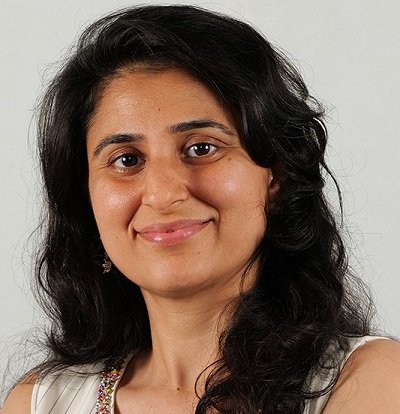Biomedical engineering — A booming career field
December 10, 2021 | Friday | Views
There is a range of careers that a biomedical engineer can choose from
Biomedical engineers amalgamate medicine and engineering. A biomedical engineer makes devices of medical importance that can be life-saving such as surgical robots, biosensors, cost-effective respirators etc. While the range of products that a biomedical engineer can offer to society is large so is the scope of the field.
The medical device industry in India is ever-growing and lands fourth position in India and amongst at top 30 in the world. As per statistics by the Bureau of Labour Statistics (BLS) in the US, there were nearly 20,000 positions in the country in 2018 and estimated to grow at a rate of 4 per cent by 2028. In India, medical technology is estimated to reach $50 billion by 2025. Several schemes have been launched by the Indian government to promote an R&D and start-up culture with regards to medical devices such as Production Linked Scheme (PLI) under the Atmanirbhar Bharat mission. The devices launched in India may be exported.
Given the high demands, the Government of India recognised it as ‘Sunrise’ sector with investment in Himachal Pradesh’s industrial township Nalagarh in Solan declared to be built as Medical Devices Park.
The range of careers that a biomedical engineer can choose from are:
Biomedical materials engineer
These engineers would thoroughly understand the materials apt for medical devices keeping in their biocompatibility and biodegradability. Such an engineer is expected to be skilled in material science, modelling and simulation of material design.
Algorithm design engineer
People are hired based on algorithmic power to integrate data from various platforms such as microfluidic devices, imaging, genomics, to be used in research, diagnostics and therapeutics. The jobs are well paid on beginner and extremely well paid at senior levels.
Manufacture of medical devices
Like other production engineers, biomedical engineering can get into the production and upscaling of medical devices leading to jobs like manufacturing engineer (biomedical devices).
Design engineer for biomedical devices
There are various aesthetic aspects into consideration before a biomedical device is considered useful. A combination of design and engineering (biomedical engineering) is appropriate to develop user-friendly devices.
Biomedical researcher/Clinical researcher/Tissue engineer
Biomedical engineers can find an easy way into research in tissue engineering/biomedical engineering and also clinical research involving the testing of biomedical devices. They can bring about innovative devices or methods of testing these devices.
Biomedical Data analyst
Like any other data analyst; programming is a must for this profession. Students willing to be biomedical data analysts should have the ability to script using Python, R or any programming language. They should also be able to use data sources such a Kaggle to generate meaningful information.
Biomedical signal analyst
This is a profession requiring higher-level programming skills and the ability to use different sets of data. MATLAb, labview, developing tools for analysis of EEG, ECG and other medical devices.
Biomedical Device engineer
A biomedical device engineer can make a range of devices such as diagnostics, biosensors and prosthetics.
Biomedical Sales and marketing personnel
Knowledge of medicine and the engineering of devices can lead ways into their sales and marketing.
Preventive and protective maintenance engineers in hospitals and diagnostics laboratories
Although, this is a routine job offered at hospitals and diagnostic laboratories. It is worthwhile for a start to understand the running and operation of biomedical devices.
Biomechanics and rehabilitation engineer
This is a field that deals with the effective use of biomedical devices simulating patient treatment, modelling prosthetics, and knowledge of biomechanics can lead one into this lucrative field.
Healthcare consulting
The rigour of the curriculum of biomedical engineering allows one to venture into ‘healthcare consulting.’ Here in interviewing people who want to take up their journeys in various biomedical specialisations or have been into it and require advice, creating a knack for business terms, keeping abreast with the latest advancements in the area are some of the skills needed for consulting.
Teaching
Teaching engineers with an interest in the field of biomedical engineering would also be a lucrative option available to a biomedical engineer.
Physician
Occasionally biomedical engineers get intrigued by the profession of medicine to become doctors themselves since they work in close nexus with them.
--- Dr Smriti Arora, Assistant Professor, School of Health Sciences, University of Petroleum and Energy Studies, Dehradun










